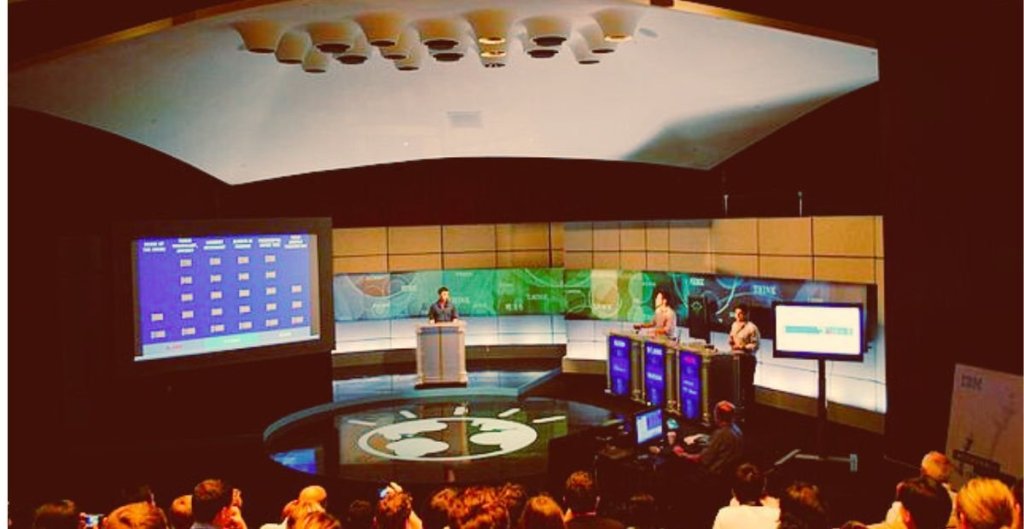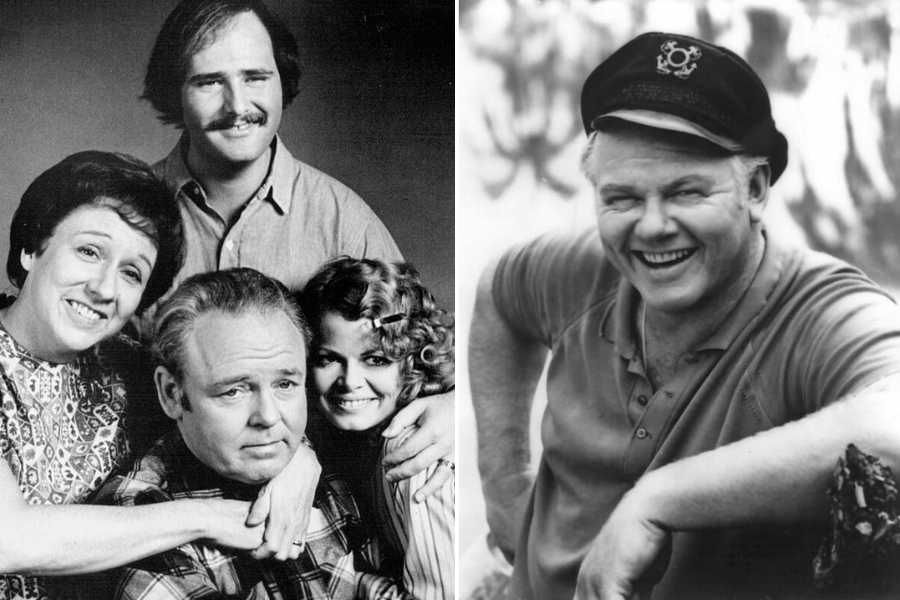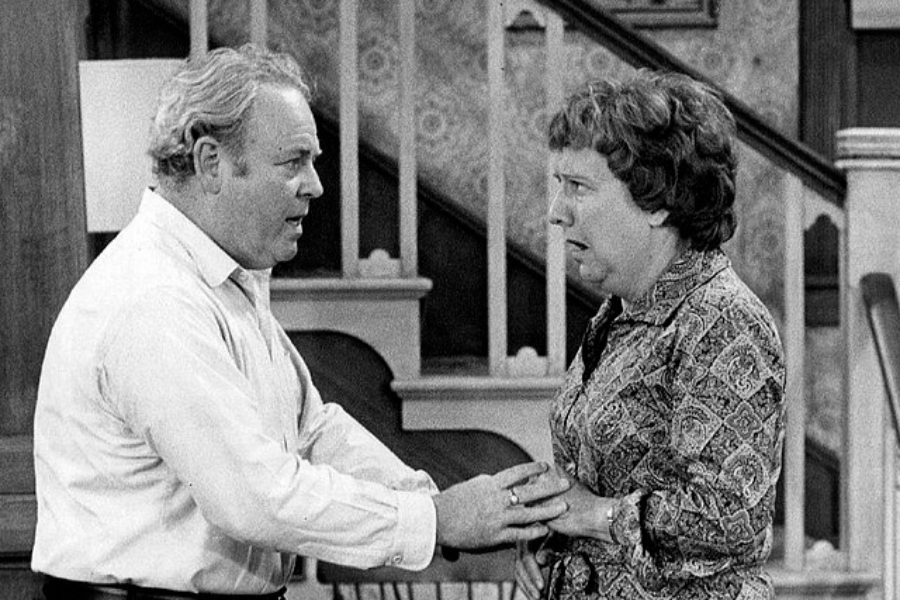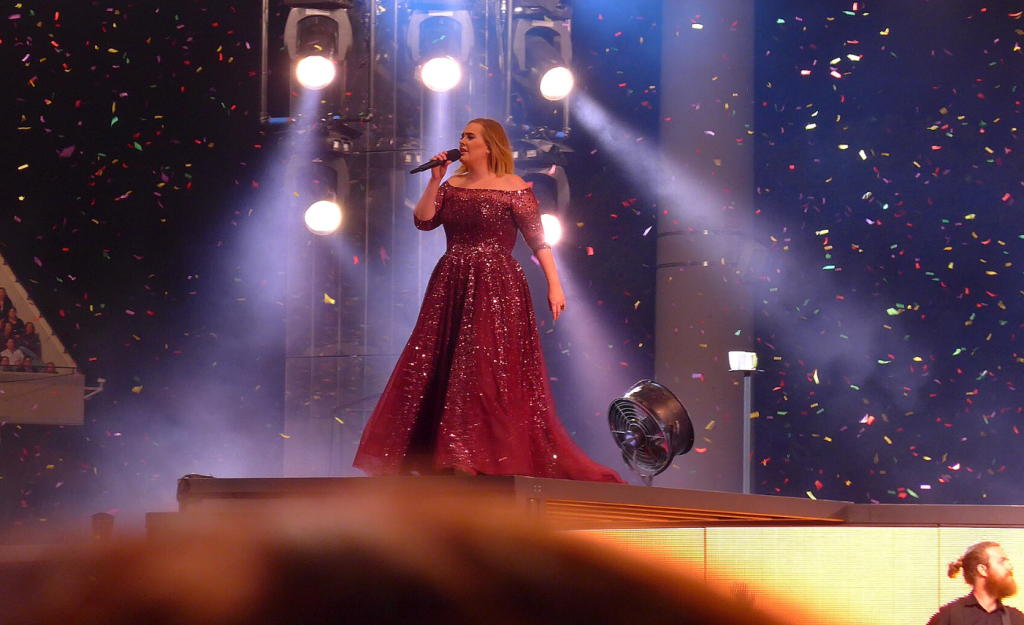The popular game show “Jeopardy!” originated in 1964, and for six decades it has stumped contestants and viewers with tough trivia questions and answers (or answers and questions, to be more accurate). Competing on “Jeopardy!” is practically synonymous with being a smartypants, and champions win lifelong bragging rights along with whatever monetary winnings they end up taking home.
To win “Jeopardy!,” you place a wager in the Final Jeopardy round with whatever money you’ve collected through the first two rounds. All three contestants write down their wagers based solely on the category given, then they have 30 seconds to write down the question for the same answer after it’s revealed. Very rarely do all three contestants get the Final Jeopardy wrong.
But in 1984, on Alex Trebek’s second day hosting the show, a deceptively simple Final Jeopardy answer answer resulted in all three contestants making the same wrong guess and ending the round with $0 each.
The category was “The Calendar,” and after the contestants placed their bets, the answer was revealed: “Calendar date with which the 20th century began.”
The 20th century was the 1900s, as most of us are aware, and all three contestants wrote down identical responses: “What is January 1, 1900?” But they were all incorrect. And unfortunately, all three had wagered their entire amount, leaving them with nothing across the board.
“Oh, I don’t believe it!” exclaimed one of the contestants as they all laughed at the absurdity. “I’m at a loss for words,” said Trebek.
A member of the audience asked what the correct answer–or question— was, and Trebek shared that the correct response would have been “What is January 1, 1901?”
If that seems confusing, it’s probably because we all made a huge deal about the year 2000, marking it as the end of the 21st century as well as the turn of the millennium. But basically, we were wrong. Some people did point it out at the time, but the excitement and momentum of celebrating Y2K had us all in a frenzy and no one was going to wait until January 1, 2001 to celebrate the new millennium.
Why should we have? It all comes down to the fact that in the Gregorian calendar the first year wasn’t 0 A.D., it was 1 A.D. The first century spanned from 1 to 100 A.D., the second century from 101 to 200 A.D. and so on, leading up to the 20th century officially being from 1901 to 2000. So January 1, 1901 is actually the date that the 20th century began, despite how unituitive it feels.
To be fair, you’d think a “Jeopardy!” contestant might recognize that the question seemed awfully simple for a Final Jeopardy round, but only having 30 seconds to think under pressure is tough. And it’s not like these people lived in the internet era where random trivia questions like this regularly go viral, making us more aware of them. And this episode aired over a decade before the “Seinfeld” episode where Jerry explains the “no year zero” thing to Newman, who had planned a millennium party.
As one person pointed out, the calendar answer is technically correct, but it’s not the way the average person thinks of centuries, just as a tomato is technically fruit but the average person thinks of it (and uses it) as a vegetable. Even though there were some sticklers about the year 2000, most of us just went along with seeing it as the turn of the millennium because it felt like that’s how it should be. It’s kind of wild how most of us can think of something incorrectly but we just sort of collectively accept our wrongness about it.
The 1984 episode has been making the viral rounds, prompting people to share how much they miss Alex Trebek. The beloved, long-time “Jeopardy!” host died in 2020 at age 80 after a 20-month battle with pancreatic cancer. He worked up until the point where he couldn’t anymore, even while undergoing chemotherapy. His final episode included a touching tribute honoring his 37 seasons with the game show, the end of an illustrious and iconic era.
This article originally appeared last year.





























